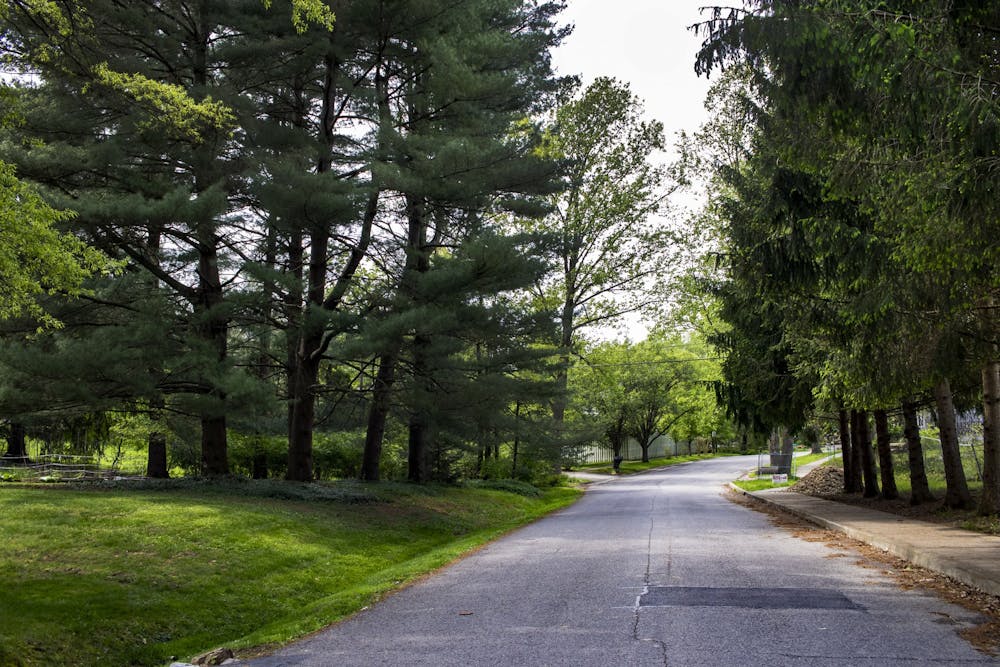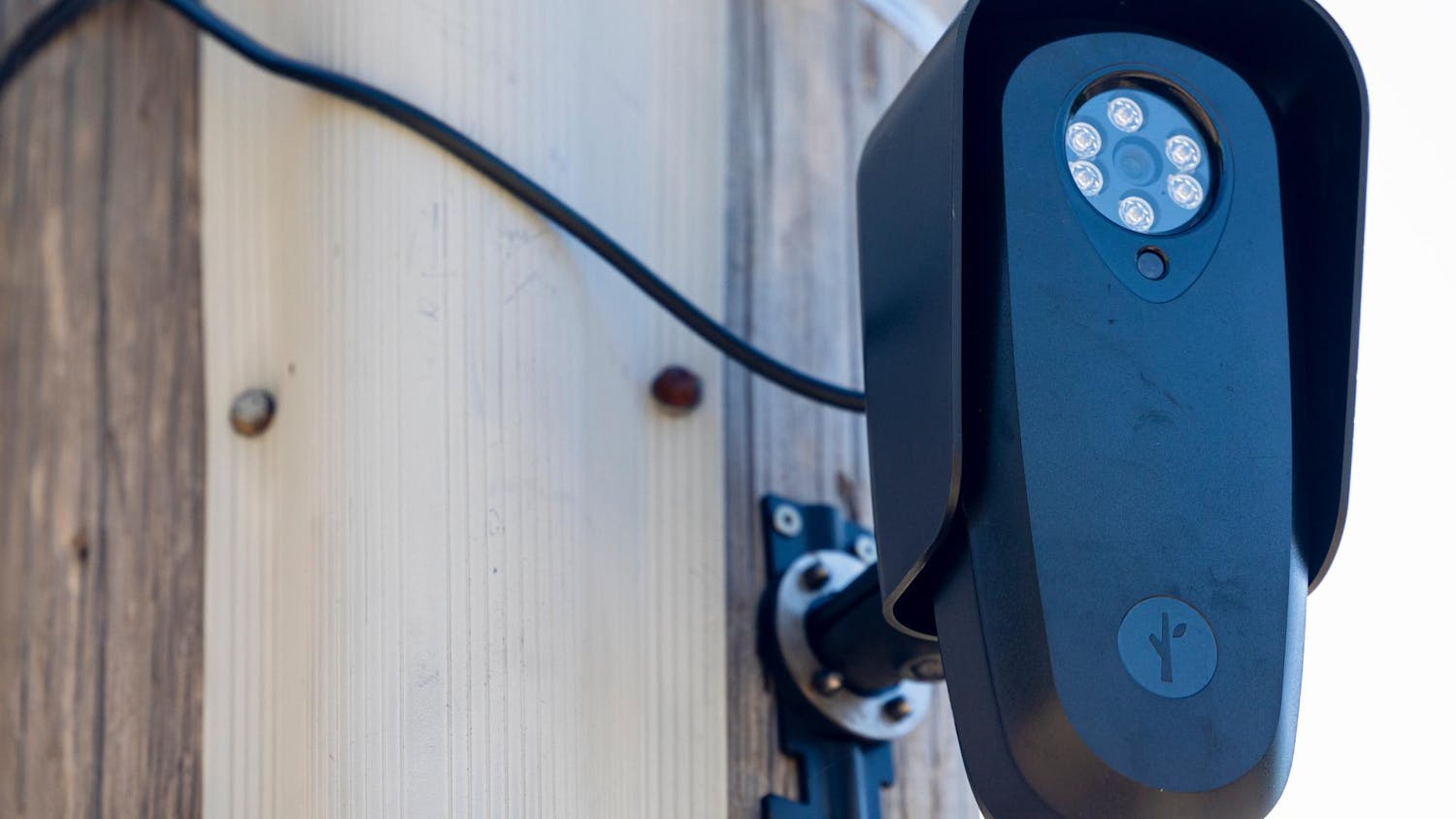With a global lockdown, the environment saw a reduction in air pollution, a slowdown in renewable energy production growth and decreasing fossil fuel sales according to various reports. As cities reopen, the future of the environment is up for speculation.
Kelly Eskew, IU sustainability law and policy professor, said there is a potential for change as societies look forward.
The renewable energy industry has been hit economically during the pandemic, according to the New York Times. Despite that, Eskew said the industry is fated to grow, just as it was before the pandemic. She said 42 states are projected to reach the point in 2020 when the cost of renewable energy is equal or less than that of fossil fuels.
The question is with focus on rescuing the economy, will renewable energy be less prioritized?
Eskew said it's possible reviving the economy and increasing renewable energy could go hand in hand. By investing in construction jobs in renewable energy, such as retrofitting buildings, more jobs would be created.
“You can’t offshore those jobs,” she said. “Those jobs have to be performed here in the United States, and they’re jobs that are really labor intensive, which means that you have to hire a lot of people.”
According to an Oxford study Eskew referred to, if a person invested $1 million in renewable energy, about 7.5 jobs would be created. If the same amount of money was invested in fossil fuels, about 2.5 jobs would be created.
Homeowners may also find the time to do their own retrofitting projects, Eskew said.
“Maybe this is a good time as we’re sitting at home, we’re not spending money on travel, etc., to be thinking about those sort of retrofitting projects for our own homes, like putting solar panels on the house,” she said.
Jacqui Bauer, former city sustainability coordinator for Bloomington, said this is also a chance to make communities more sustainable than they are now by constructing greener infrastructure.
“We just have a lot of inertia built into our systems that keeps us moving along the same path even though it’s not necessarily the best path,” Bauer said.
She said, for example, communities could use stimulus money to invest in infrastructure that is resilient and sustainable.
“It’s really easy to just pour relief money into the economy without a whole lot of shape to it,” she said. “We’re putting money out there, but we’re not really using it to kind of set ourselves on a different path.”
The lockdown also brought a visible decrease in greenhouse gas emissions, said Philip Stevens, an IU air pollution professor. He said fossil fuel combustion has dropped because people are not traveling anymore, which has increased air quality. The decrease in greenhouse gas emissions also helps reduce the effects of climate change, Stevens said.
But the improvement is likely short-term, Stevens said. As cities start to reopen, air pollution will worsen.
“As soon as people start driving more, then you get more cars on the road.” he said. You’re going to basically start seeing the pollution come back and fairly quickly because what you’re seeing in the drop is reductions in pollutants that don’t stay in the atmosphere very long.”
There is one possible long-term benefit, he said. Reduced emissions have reduced ground-level ozone concentration, but they may rise again due to a decrease in other pollutants, Stevens said.
Overall, there has been a short-term improvement, he said, but the situation did prove how quickly air quality can improve if people reduce fossil-fuel-powered transportation use.




